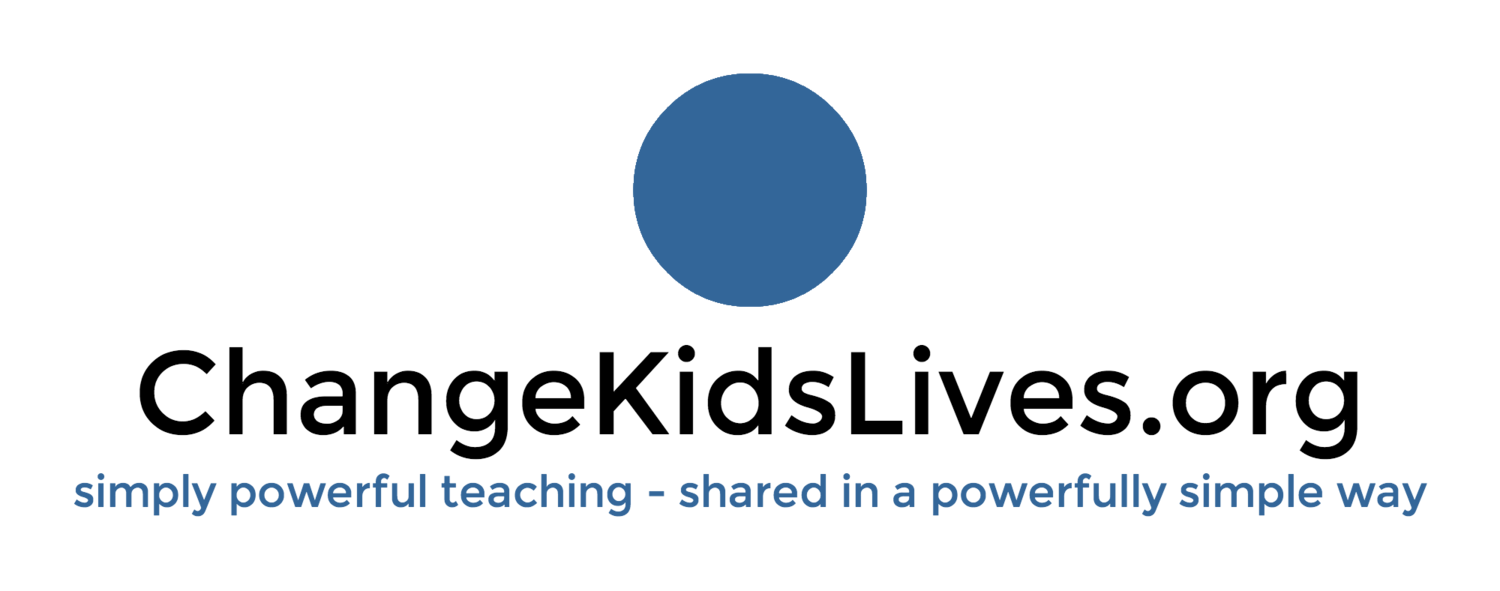Teaching With Intention: A Weekly Checklist
simple truth:
We don't learn from our experiences. We learn from reflecting upon our experiences.
Wow, where did the week go?
Inside the world of education, teachers know this feeling all too well. Our responsibilities to our students, colleagues, leadership, and stakeholders are intense and ongoing. It's due to these responsibilities and the fast-moving nature of our profession that often leave educators wondering where the time went at week's end.
And too often our "where did the week go" questions can suddenly shift to "where did this month" or even "where did this year go?" At what cost does the hectic flurry of the education year impact the school's climate? How often do we overlook potential opportunities to support and encourage our students and peers because of this pace? And over time, what negative impact does this have on the climate of our school?
research tells us:
Researchers from John Hopkins University express the benefits of relationships within a school, ranging from student-teacher to teacher-teacher. They state, "when students believe that adults in the school care about them, have high expectations for their education and will provide the support essential to their success, they thrive. When teachers and staff are deeply engaged in creating a safe, challenging school environment, their job satisfaction increases."
The research is clear. When adults help to create a safe and supporting learning environment, everyone benefits. So the question that we must ask ourselves is despite the hectic nature of the school day, how are we intentional in meeting the specific needs of our students and colleagues?
Below is a weekly checklist of practical and intentional strategies to help keep ourselves accountable in bettering the climate of our school.
try this:
Better Our Students
Provide students with specific feedback on their work as soon as possible. The longer we wait to provide feedback, the less meaningful it becomes. Feedback that lacks relevancy lacks impact and results.
At lesson's end, have students share their learning in their own words. This is effective and seemingly so simple, yet how often to we conclude our lessons by using this strategy? Instead, students bounce from subject to subject with little to no time to reflect upon their own learning. Click here to explore this more.
Send at least one positive written note to a parent about their child. Verbal compliments are nice. Yet there's value in a written note, as the parent can keep it for years to come, and know that they often do.
Reflect on the amount of negative vs. positive feedback we give each child. We need to be careful, as it may be easy to overload certain students with negative feedback week after week. And who of us would want to learn in such an environment?
Better Our Colleagues
Extend grace to a peer. Grace is giving a gift that a person may not deserve. This practice, while difficult, is an important component in a healthy school environment. How did we extend grace this week?
Truly listen instead of just waiting until the speaker stops so that we can share our opinion. Listening is difficult, especially when we just want to share our own thoughts. Yet, staying present with our peers and listening intently provide us with a different perspective and a richer understanding of the situation.
Share encouragement with a peer. A simple acknowledgment or gesture of support can feed teachers far longer than most realize.
Refrain from adding to gossip. We know that sometimes the biggest bullies in our schools are not the students, it's the adults.
Better Ourselves
Take a risk to grow professionally. Stepping outside of what we're comfortable with looks different depending on the person, yet the potential growth can impact everyone.
Refrain from using recess as a bargaining chip. Do we hold recess over students' heads in order to get what we want? There are effective alternatives, click here to explore them.
Emphasize students to be responsible instead of just being obedient. There's a big difference, and the students can tell you which teachers emphasize a responsible classroom over an obedient one. Click here to learn more about this topic.
Write down specifics on how to improve a lesson the next time we teach it. If we don't record the specific ways to modify future lessons, chances are we will forget. Take a moment to write it down, your future students and their increased engagement levels will thank you.
review & share this:
For additional reading and referenced research, click here.

